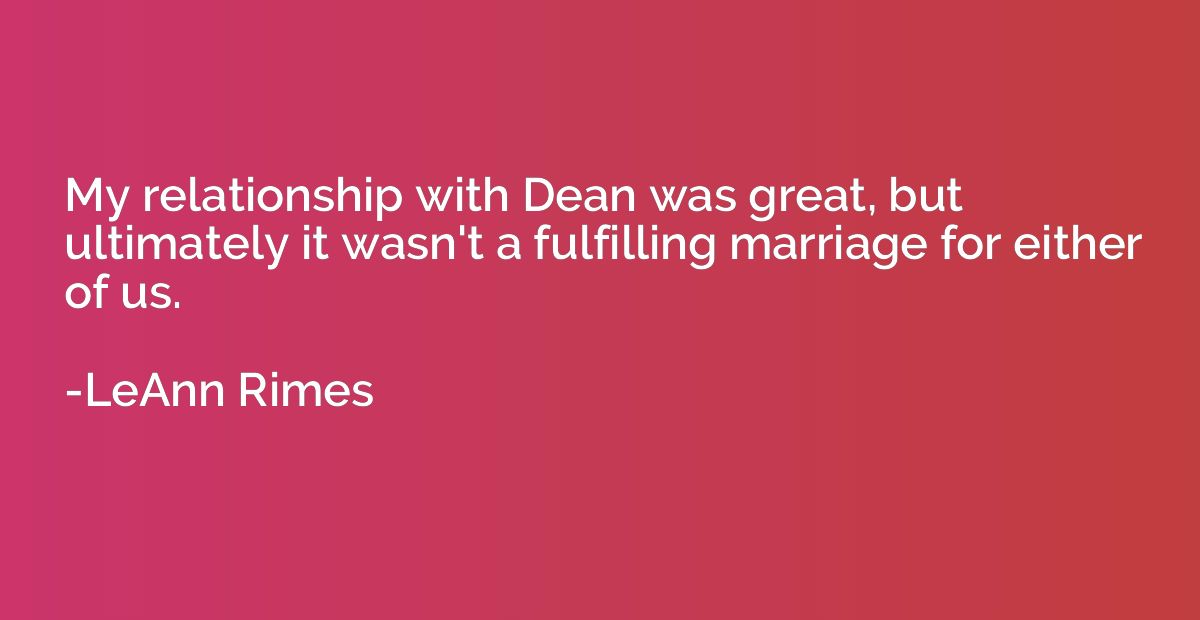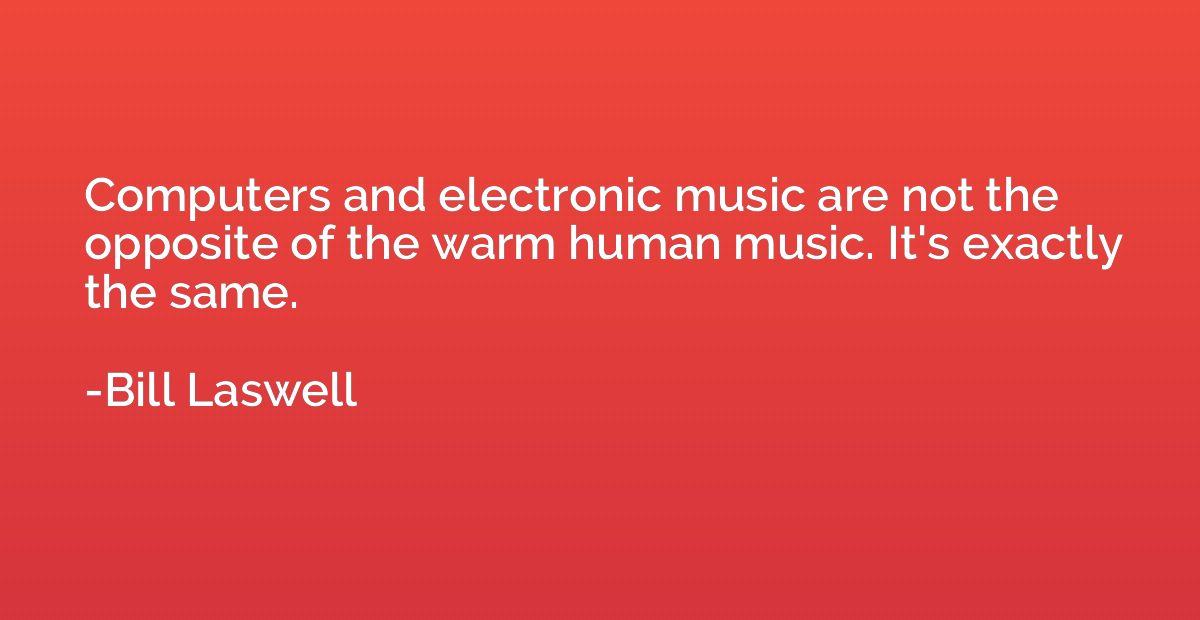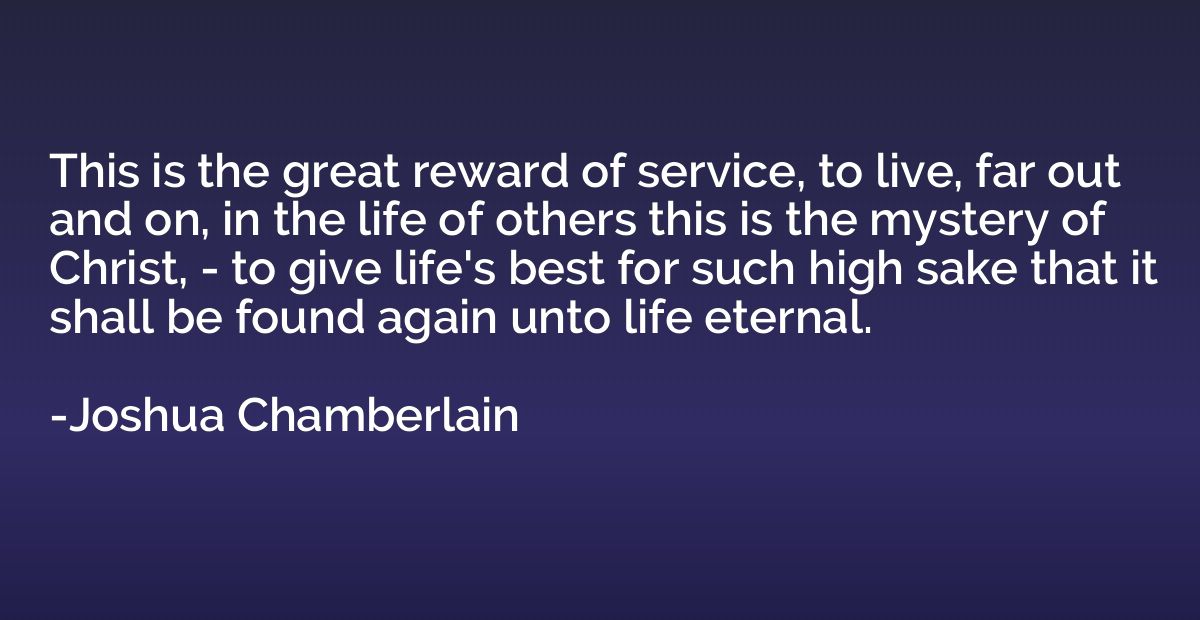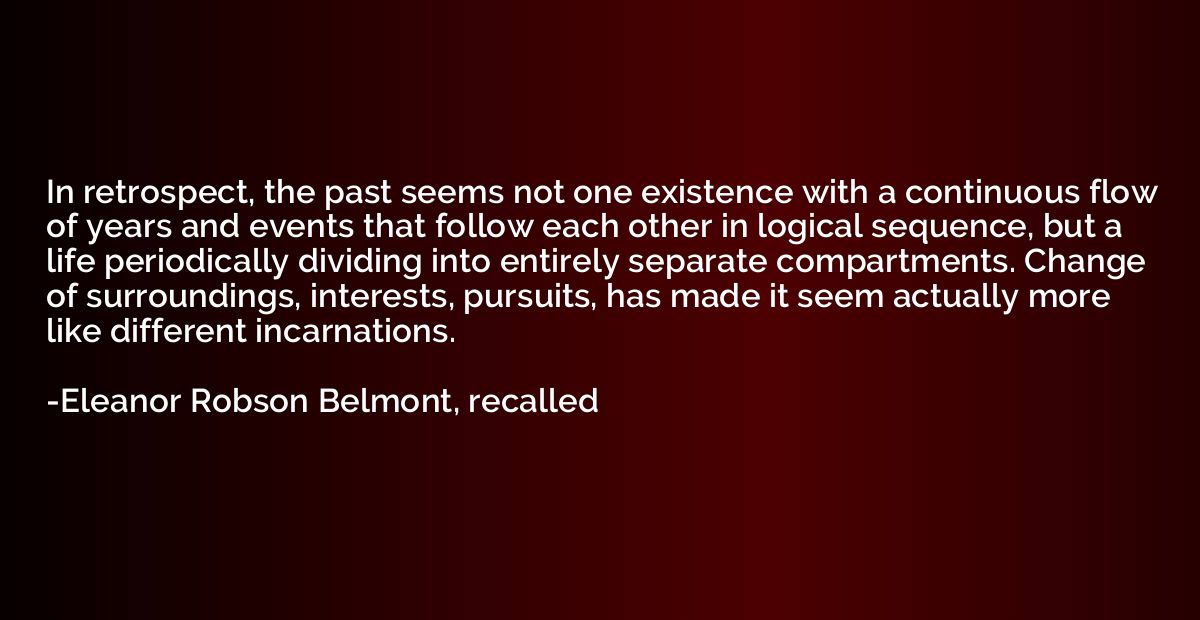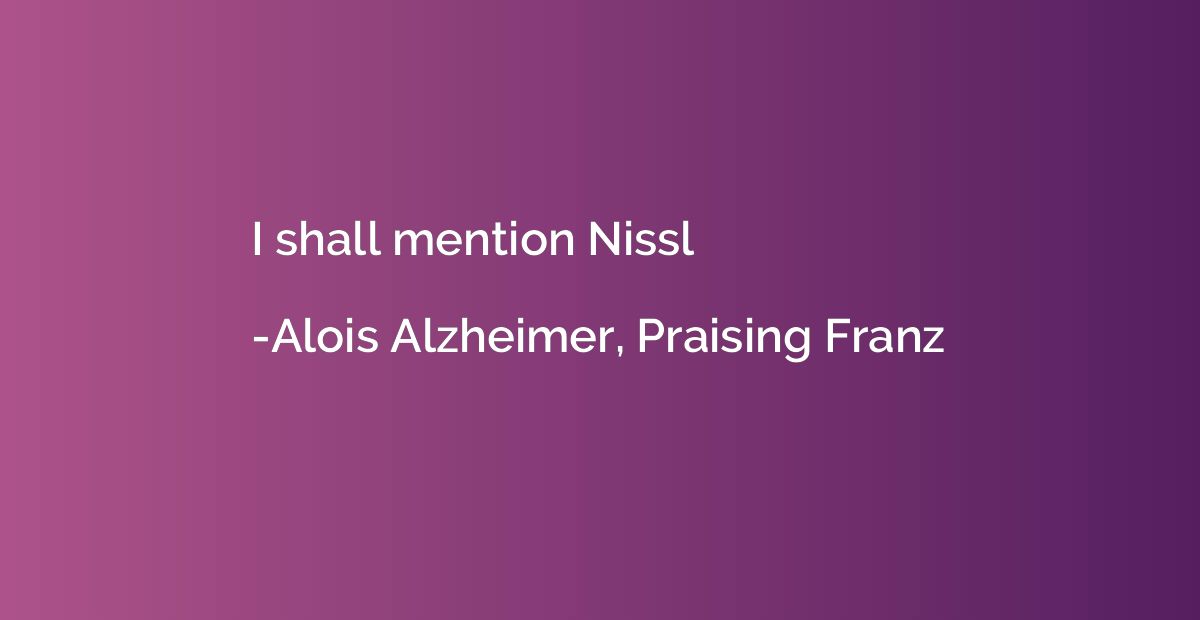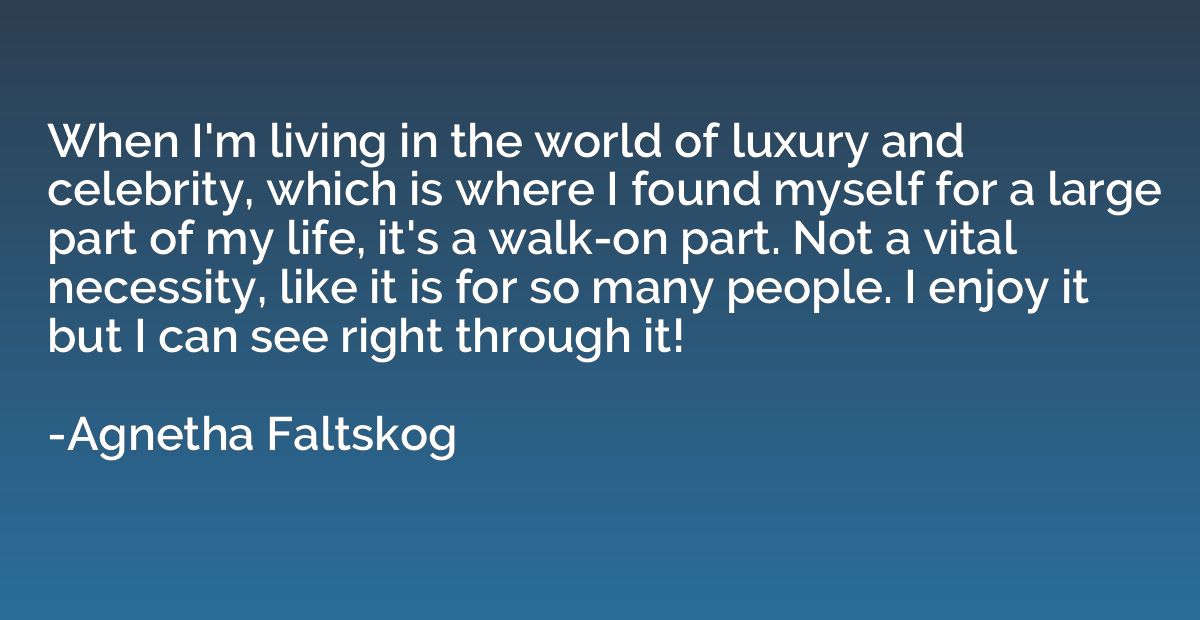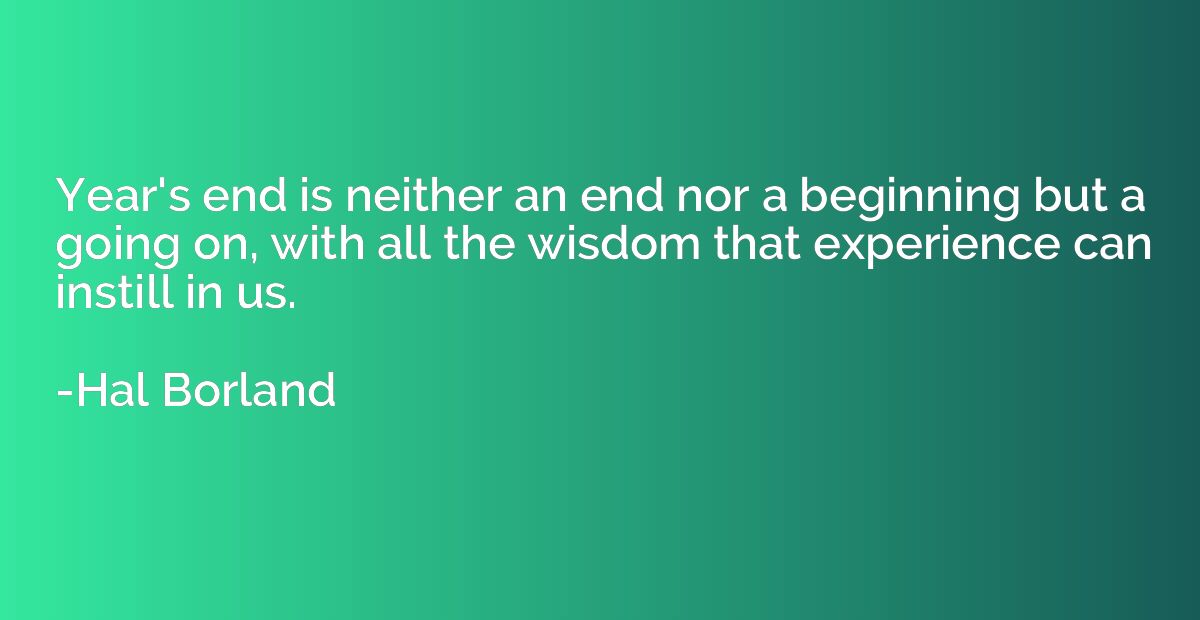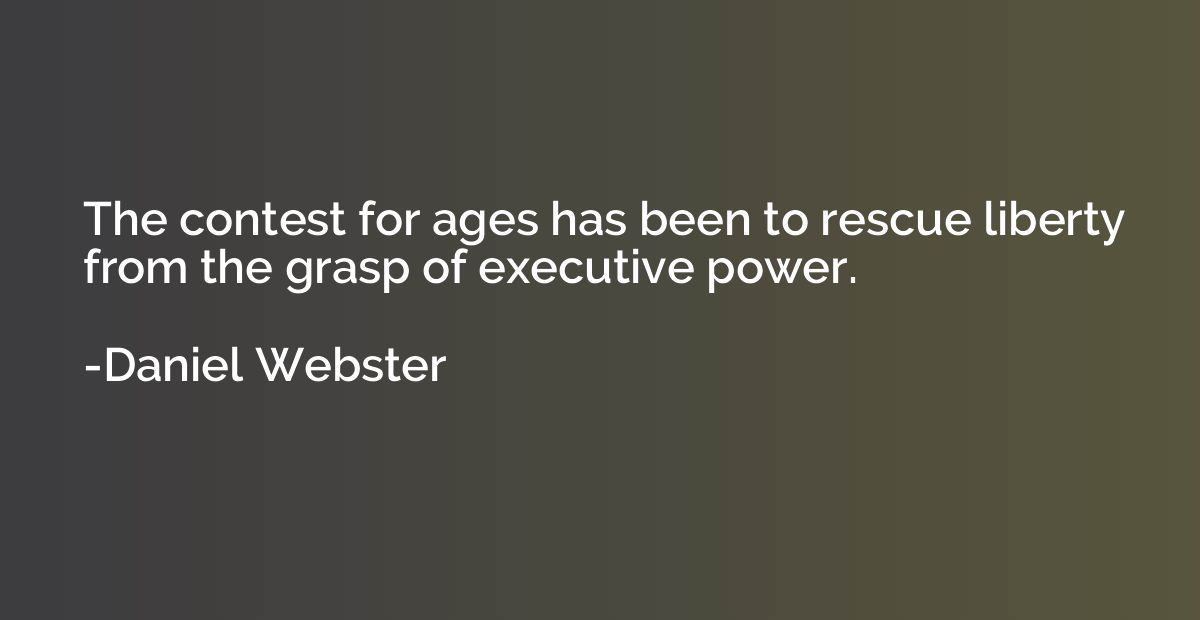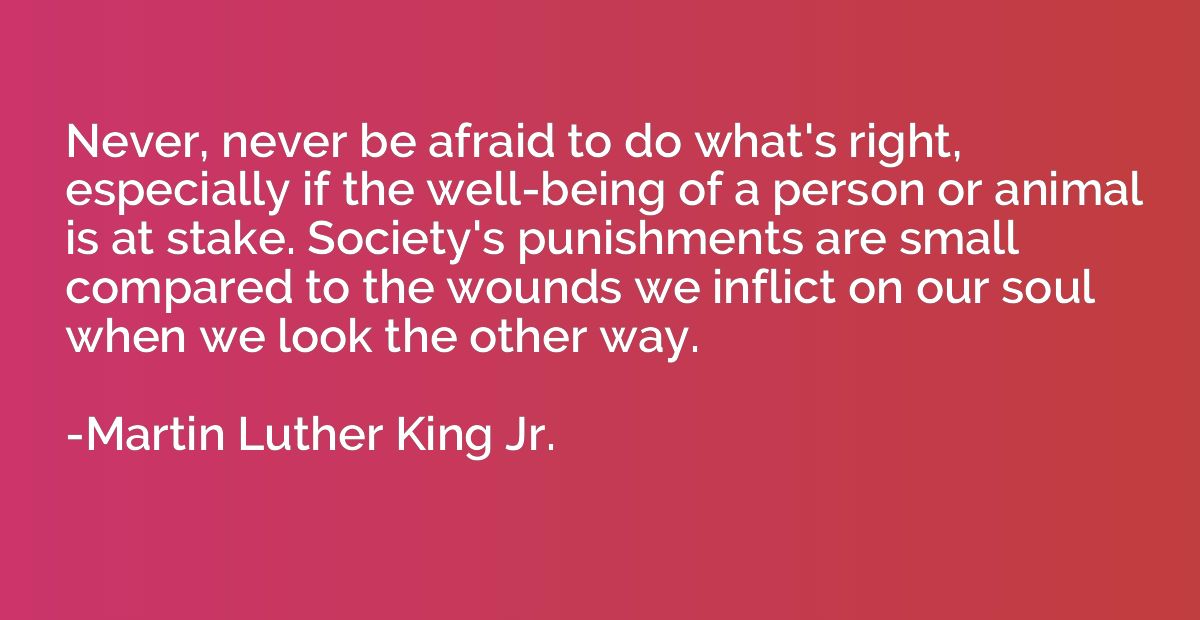Quote by Kurt Vonnegut
And Castle nodded sagely. 'So this is a picture of the meaninglessness of it all! I couldn't agree more.''Do you agree?' I asked. 'A minute ago you said something about Jesus.''Who?' said Castle.'Jesus Christ?''Oh,' said Castle. '.' He shrugged. 'People have to talk about something just to keep their voice boxes in working order, so they'll have good voice boxes in case there's ever anything really meaningful to say.''I see.' I knew I wasn't going to have an easy time writing a popular article about him. I was going to have to concentrate on his saintly deeds and ignore entirely the satanic things he thought and said.
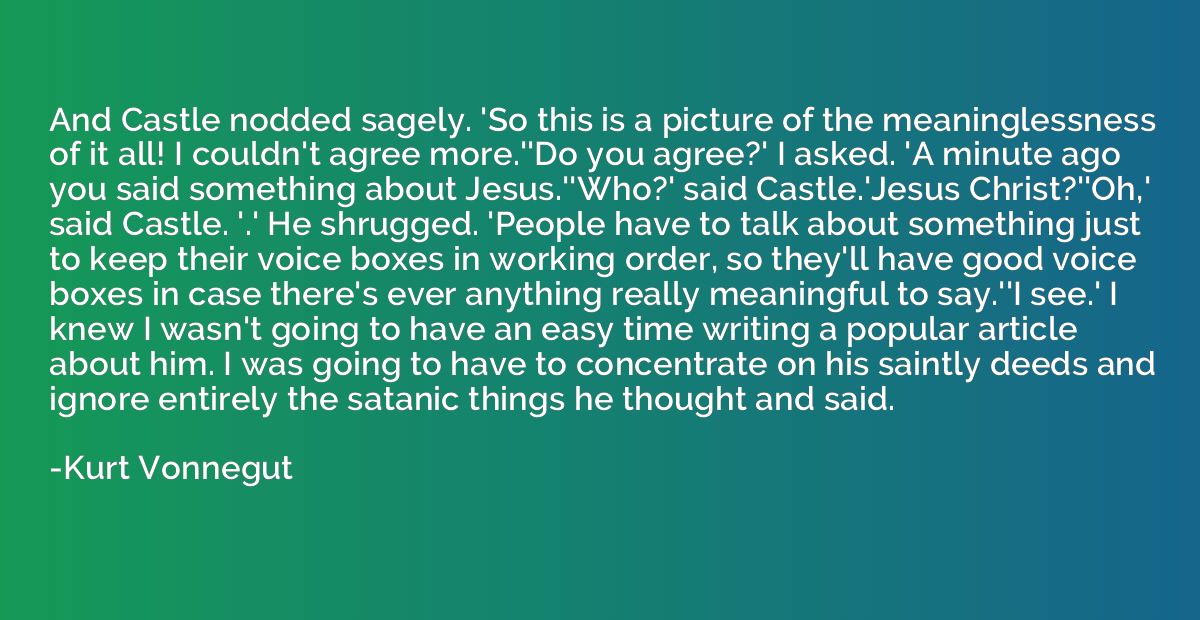
Summary
The quote reflects a conversation between two individuals, where Castle dismisses the significance of talking about meaningful topics. He suggests that people engage in mundane conversations to keep their voice boxes functioning, preserving their ability to express themselves when something truly meaningful occurs. The speaker realizes that it will be challenging to portray Castle positively in an article due to his contrasting views and has to focus on his positive actions while ignoring his unconventional thoughts. This quote explores the concept of finding meaning in conversation and the challenges in presenting someone with contrasting beliefs.



